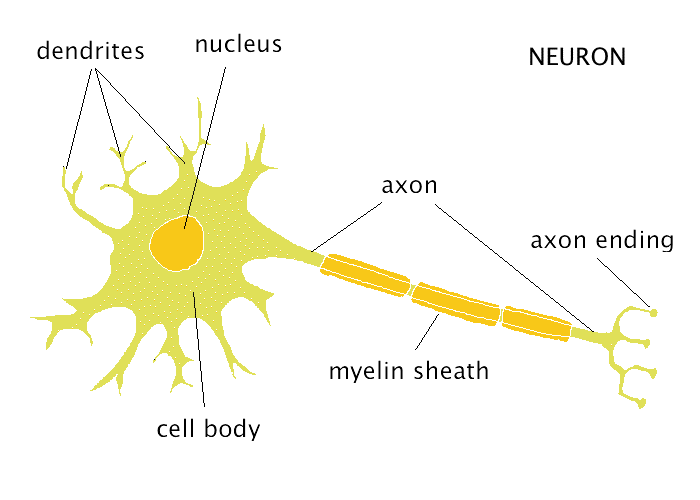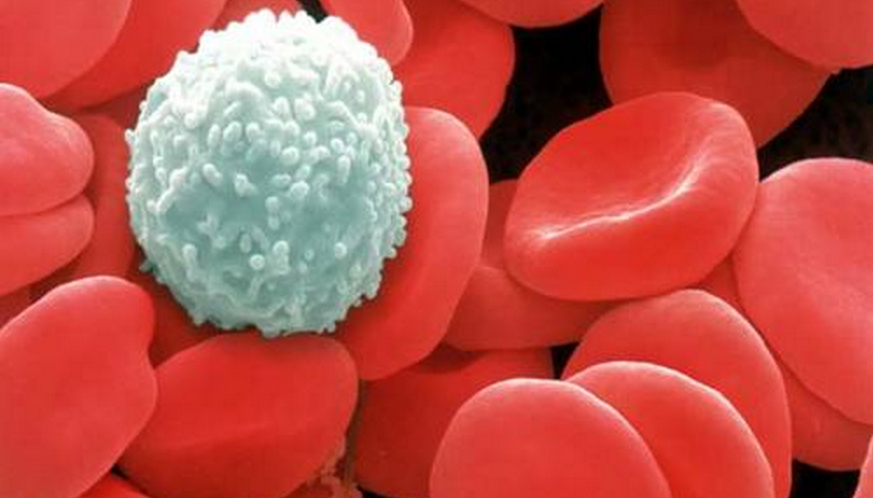What are four different cells in the human body and why are they adapted to their jobs?
1 Answer
There are many organs and tissues in human body. Thus there are a huge number of different cells. I would choose neuron, leucocyte, erythrocyte and a muscle cell for you.
Explanation:

Neuron is present in nerve tissue; the cell acts as an electrical wire to transmit impulse. Neuron has one/many branches. Receptive branches are dendrites (sensory) while despatching branch is axon (motor). Unique characteristic of neuron is that it is not capable to divide after embryonic life, hence can not be replaced when dead.
I have chosen leucocytes and erythrocytes: both present in blood- commonly called white blood cells (WBCs) and red blood cells (RBCs) respectively. Both the cells are in circulation but are generated regularly within red bone marrow from stem cells.

RBCs are more numerous, cytoplasm packed with red pigment protein Haemoglobin. Nucleus of such cell is lost during maturation of the cells. RBCs are responsible for carrying oxygen.
WBCs are less in number, nucleated cells with ability to move by producing pseudopodia. Thus WBC could be called as an amoeboid cell. These cells are providing us immunity against invading germs.
Muscle cells are contractile in nature. There are special protein myosin and actin within cytoplasm of muscle cell. Contraction and relaxation of muscle cells help in skeletal movement, peristalsis, glandular secretion, etc.
contractihttp://images.wisegeek.com/skeletal-muscle-structurejpg
